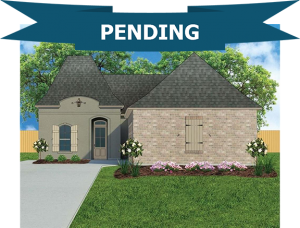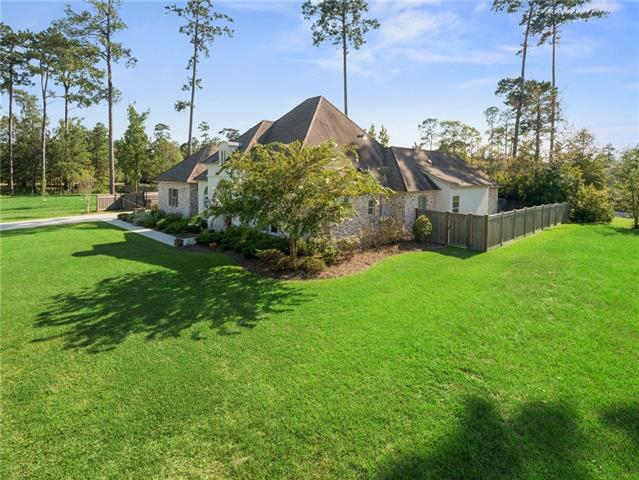What to Expect for in Closing Cost When Refinancing
 Refinancing is an option many homeowners seek to take advantage of. If they do, homeowners should first become familiar with all the closing costs associated with mortgage refinancing. Consider if this option is right for you by comparing closing costs and interest rates before beginning the process.
Refinancing is an option many homeowners seek to take advantage of. If they do, homeowners should first become familiar with all the closing costs associated with mortgage refinancing. Consider if this option is right for you by comparing closing costs and interest rates before beginning the process.
Mortgage refinancing does come with closing costs just like obtaining a new mortgage. Closing might include origination fees, discount points and third-party charges. Typical closing costs can cost as much as 2% – 5% of your outstanding principal in the mortgage refinance fees. Closing costs can vary from lender to lender and state to state. Here are some closing costs that can add up to a significant chunk of change.
Early repayment fees can be one. These prepayment penalties are tacked on by your mortgage lender for paying off your current mortgage early. Usually, these fees are only applicable within the first 3 – 5 years of the life of a mortgage. Fortunately, FHA and VA loans (which are backed by a federal agency) cannot penalize for paying off a loan early. These fees are typically uncommon and in some states illegal but they are fees to consider when refinancing.
Another piece that can affect closing costs is discount points. Discount points (mortgage points) are fees you pay a lender to reduce the interest rate on a mortgage. Paying for discount points is often called “buying down the rate” and is totally optional for the borrower. In the long run discount points are worth it. If you are planning on staying in your home for a long time these fees work to your advantage. This might not necessarily be the case if you want out of your current mortgage early. When you buy points, it alters the break-even period for your refinance, so be sure to do the math.
It takes a lot of paperwork and a lot of a lender’s time to assist in refinancing. A lender will add on origination fees which cover the cost of processing a loan and running your credit check. Double-check these costs which might also be called an administration fee, application fee, underwriting fee or document preparation fee. If the fee seems too high, you can always try and negotiate the fee with your lender.
Other fees to watch out for when refinancing are appraisal and inspection fees. A home appraisal fee can cost between $300 – $500 but is well worth it as it assures your home is properly valued. Inspection fees might be required as well such as a termite inspection, pest inspection, or property inspection and can run several hundred dollars.
Mortage and title insurance fees can also apply to mortgage refinancing. FHA and VA loans require mortgage insurance. If you put less than 20% down on a conventional refinance loan, you will have to pay PMI which can range from 0.55% to 2.25%. Title insurance will also protect the lender if any errors were made with the investigation of the title. These costs can vary by loan value, property location and the lender.
Shopping around and comparing lenders’ cost is a great way to ensure you get the best deal on refinancing your home. Do a side-by-side comparison of mortgage costs from each lender. Once you have chosen a lender, you should receive a closing disclosure prior to closing that will list all the costs so there will be no hidden surprises at closing.
Click Here For the Source of the Information.




